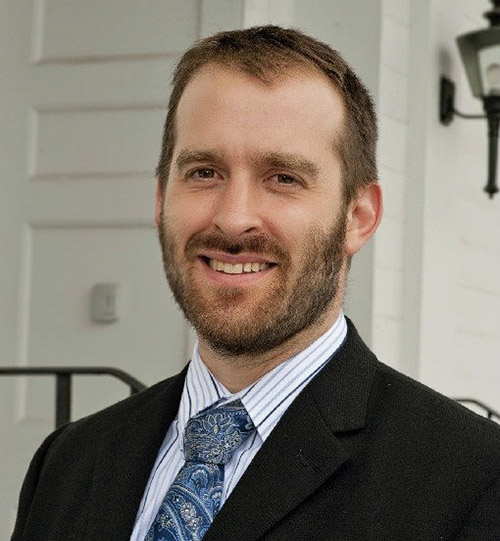

Rabbi Yosef P. Glassman, MD, of Bergenfield, has won a lawsuit to temporarily stop the New Jersey Medical Aid in Dying for the Terminally Ill Act that had been scheduled to take effect on August 16. The law would allow physicians, under certain conditions, to prescribe drugs to terminally ill patients for the sole purpose of ending their lives. But the battle has just begun.
In an email interview, Rabbi Dr. Glassman explained why he initiated the lawsuit. “I was motivated to act by the chilling prospect of being a part of the suicide process, which strongly conflicted with both my professional and religious values. I was fortunate enough to engage in meaningful discussions with several concerned Jewish community members on the topic, and I decided to take a firm position, being involved in the field of geriatrics. Some people who may oppose my action may say that I want dying patients to suffer, chas v’shalom. Quite the opposite—we as physicians have ample tools to alleviate the suffering for the living, even for the terminally ill, without the need to license suicide.”
One of Rabbi Dr. Glassman’s attorneys, Richard W. Grohmann, senior counsel along with E. David Smith, Esq., principal of Smith and Associates, said that one of the deciding factors in the decision by Judge Paul Innes to issue the restraint was that several regulatory agencies were requested to promulgate regulations that were more specific about the conditions under which the drugs could be prescribed, administered and transferred, but had not done so.
Grohmann explained how the case is unfolding. On August 16, the Appellate Division denied the Attorney General’s request to dissolve the order and set an expedited briefing, a fast track review of the issues submitted by the Attorney General to which Smith and Associates responded. On August 20, the Supreme Court of New Jersey declined to dissolve the Temporary Restraining Order (TRO) and deferred to the Appellate Division’s briefing schedule.
The court could rule as early as Friday afternoon, August 23. If the Appellate court lifts the injunction, Smith and Associates will appeal. A court date is set for October 23 to show cause why a preliminary injunction should not be imposed. Dr. Glassman and his attorneys would like to see a permanent injunction.
In the lawsuit, Rabbi Dr. Grossman details ten ways in which the act violates the New Jersey Constitution. One of them is that it violates the first amendment right of physicians to “freely practice their religions, in which human life is sacred and must not be taken,” by compelling them to “transfer medical records for the purpose of furthering patients’ death.”
“I wanted no part of the suicide process, both as a Torah observant physician and also as a simple human,” Rabbi Dr. Glassman said. “Life is our most precious commodity and is granted to us and taken from us only by the Infinite Creator. Every second of life has infinite meaning, being a gift of the infinite giver of meaning. Ending life early by any party is not only a steep societal danger, but an affront to humanity’s infinite interconnectedness.” He stressed that he has been consulting with his rabbi on this issue as he does on all relevant halachic questions in every aspect of his life.
The expenses of the suit are considerable. Rabbi Dr. Glassman said Smith and Associates set up the financial mechanisms for the lawsuit including a Legal Defense Fund that is raising money for the case and the appeals. They have also set up a GoFundMe page https://www.gofundme.com/fighting-new-jersey-physicianassisted-suicide-act. The page includes a statement from the Medical Society of New Jersey that “MSNJ remains opposed to physicians hastening the death of a patient.”
Rabbi Avi Schnall, Director, New Jersey office of Agudath Israel of America, said he is in touch with the attorneys at Smith and Associates about the case and is happy with what has happened so far. He said Agudah hopes to have an involvement and they are still strategizing about the best possible way to help. Nathan J. Diament, Executive Director for the Orthodox Union Advocacy Center, said that the OU is not directly involved with the lawsuit but “has long had a policy position to oppose the legalization of physician assisted suicide.”
By Bracha Schwartz










